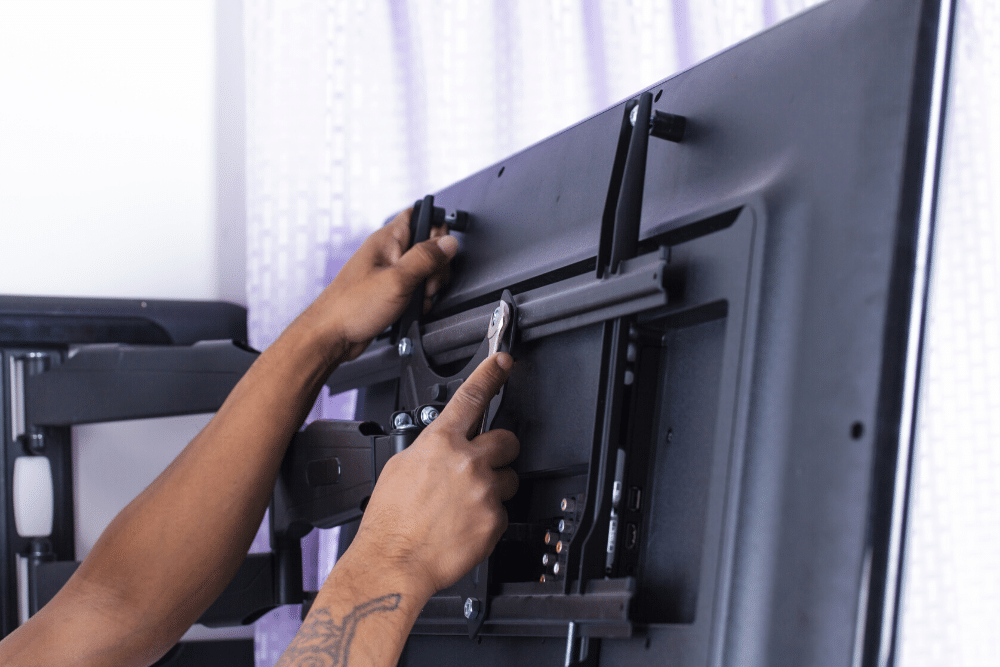Five Ways to Keep Your Integration Business on Track
According to AVIXA’s survey, 83% of AV businesses are feeling negative impacts of the current pandemic, and the live events sector has been hit the hard due to the limitations on travel and event postponements or cancellations, commercial integration is likely to feel the pinch too. RAVE's Mark Coxon investigates.
If you’re like me, you’ve seen a slew of articles about “opportunities” for the AV industry during the current pandemic. Most of these are marketing pieces, meant to promote a manufacturer’s products or to promote services by addressing the fear, uncertainty and doubt that is part of the current Zeitgeist.
Work form home solutions and digital signage and kiosk articles abound, but for most small businesses, now isn’t a time to pursue “opportunity” but rather to assure business continuity.
Some other pieces, like this thoughtful one in Commercial Integrator, give some great advice on contingency planning in your business, but for those without a three-year head start, the contingency plan is not an option. To be frank, many small businesses are in disaster avoidance mode. Saving for a rainy day is a great idea, but it’s already pouring and the bank account is close to empty.
There are a lot of reasons, ranging from travel restrictions to supply chain, (even FedEx has restricted non-essential shipments into California), but like the advice offered by Katye McGregor Bennett in her latest blog, we need to focus on things we can control.
So with that, I offer up five pieces of advice for my counterparts in the integration space that may help you find business continuity in the current environment and perhaps keep your business afloat and your technicians employed in the next 60-90 days.
1. First and foremost, know your area’s “essential” services.
Some businesses and organizations have been deemed “essential” and their business are necessary for key activities.
In California we have 16 categories. Some are easy to identify, e.g., police, fire, education, healthcare providers, communications companies, new construction projects including housing, etc. Others can be tricky — Google is considered government infrastructure, and a chemical company I know here was deemed essential because they make hand sanitizer.
Check to see what the exceptions are in your local area.
2. Double down on work you’re allowed to do.
We have a general contractor who had scheduled conference room upgrades. Since these rooms are necessary for their field teams to communicate with their employees working from home, they deem them essential to continue their business in new construction (a protected category here), so we were able to proceed.
We are looking at our current clients’ projects and calling each one deemed “essential” and asking if our projects are still on, delayed, best case may even be EXPEDITED as their buildings are empty and it may be the perfect time to do work and not be in the way of normal business.
3. Prepare your crews for being approached by the police, city or fire department.
It may be inevitable that your teams in the field are approached, questioned and perhaps even told to cease their work and return home based on stay-at-home or shelter-in-place orders.
We are sending letters with each of our teams, dated daily, explaining they are completing essential work based on the governor’s exceptions. It gives the officials a number to call for any questions. In addition, we are also securing letters from each of our clients, explaining that their business is an essential service, with a contact at their business as well.
At the end of the day, they could possibly still be sent home if the officials make that call, but, this gives us the best chance to continue our work.
4. Be flexible and humble.
Don’t be legalistic in your terms and conditions; take the work you can while you can.
We have one client who is asking us to do our installs after hours and on weekends in order to create social distancing between our crews and their essential employees that are in the building. These jobs were not bid based on overtime, but instead of creating friction and change orders, we’re all rolling with a bad situation to deepen the relationship and keep as many employees working as possible, even at reduced margins, while meeting the customer’s needs.
5. Collaborate
Travel is restricted right now, and you may need to fill commitments for essential businesses but can’t get your teams there.
USAV and PSNI are great networks that connect dealers to resources in other regions, but you don’t have to be in a group like USAV or PSNI to create a dealer network for resource sharing.
Other resources like Almo Pro A/V and Herman Pro AV also help connect companies to local talent.
A new app called AV Hero allows AV technicians to register and pick up freelance work.
Be willing to subcontract for your competitors and reach out to your network of peers.
Most importantly and above all, in any of your dealings with your team or your clients… Be HUMAN.
You may be able to help someone in a way you never anticipated. Be kind out there and stay healthy.
Click here to read the original post from rAVe Pubs.
Receive AV industry news straight to inbox every month, subscribe to Convergence, Integrate’s official monthly newsletter.
-
Stay up to date with the latest news, industry insights and Integrate updates.
- Subscribe

